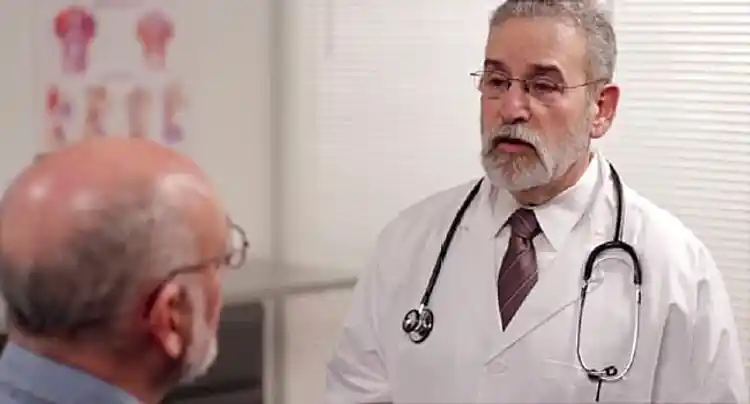Caring for Yourself During Targeted Therapy

Hide Video Transcript
Video Transcript
[MUSIC PLAYING]
I also discuss with them both the skin rashes and the photo sensitivity that can occur, and to make sure they do use sunscreen or some protective clothing when going out. I also discuss with them whether the targeted therapy can be given with or without food, as it's important to take it properly in order to maximize its absorption and efficacy of the medication.
Also, some targeted therapies can cause fevers. And the first thing to do when you have a fever is actually to stop and hold the medication, and to give us a call and let us know so we can help guide them through it. In general, on targeted therapy, people are not at increased risk of infection. I always tell patients, you should take care of yourself. No one wants to be going through cancer and have the flu.
The most important part for patients is to think of their doctors and their nurses as their partner as they're going through this. And don't be shy. You should ask questions, and you should better understand what you're going through so you can help take care of yourself.
RAGINI KUDCHADKAR
When a patient's first put on targeted therapy, the first thing I tell them is to one, partner with us as your clinician-- to let us know what's going on, let us know what's concerning you, so we can promptly help you through whatever side effects you're having. I also discuss with them both the skin rashes and the photo sensitivity that can occur, and to make sure they do use sunscreen or some protective clothing when going out. I also discuss with them whether the targeted therapy can be given with or without food, as it's important to take it properly in order to maximize its absorption and efficacy of the medication.
Also, some targeted therapies can cause fevers. And the first thing to do when you have a fever is actually to stop and hold the medication, and to give us a call and let us know so we can help guide them through it. In general, on targeted therapy, people are not at increased risk of infection. I always tell patients, you should take care of yourself. No one wants to be going through cancer and have the flu.
The most important part for patients is to think of their doctors and their nurses as their partner as they're going through this. And don't be shy. You should ask questions, and you should better understand what you're going through so you can help take care of yourself.
